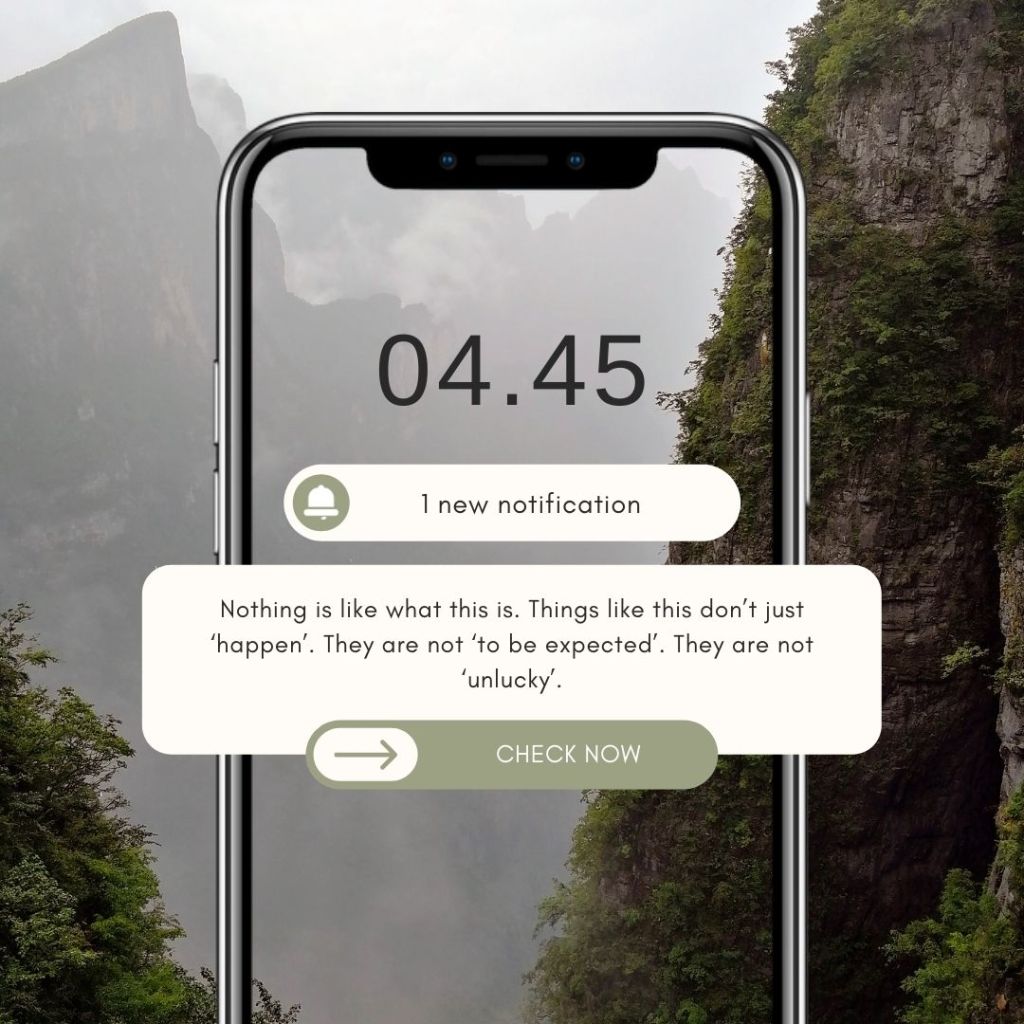Deaths are described differently depending on how they fit the story we want to hear
Below is an excerpt of longer form research, which can be found here.
Deaths from all causes are tragic, they are lives lost, and loved ones are left grieving. While people will acknowledge that all deaths are tragic and terrible losses, not all deaths are reported in this way.
Communication and language used varies depending on the cause of death. If there’s deaths from floods – the words used are, it’s a ‘crisis’ with a ‘death toll’ of ‘at least’, ‘more than’, ‘uncountable losses’, ‘a national emergency’; if deaths from 1% of a mosquito-born virus – it’s ‘has been found to have died’, ‘it’s revealed’ and there’s a ‘national alert’; if from a freak weather event such as a wind surge – it’s ‘tragic’, ‘unthinkable’, an ‘accident’ a ‘disaster’; if from a shark attack – it’s ‘unfortunately’, and an ‘incident’ with the ‘victim identified’ and a ‘horrific attack’ – with national tributes evoked from all these causes of death.
We don’t disagree with any of these reports and give our deep respect and sincere condolences to all who have died and loved ones who are left grieving their losses.
Metaphors mask the reality
When reporting on the risk of adverse reactions or fatalities from the AstraZeneca vaccine, the metaphors used by the Australian government compare the risk to dying from a natural disaster or freak weather event such as a lightning strike, or shark attack, (amongst other examples). Inapplicable, incomparable, irrelevant metaphors which absolve the current government of responsibility because their occurrence is inherently out of anyone’s control. In the media and conversations, phrases such as – ‘unlucky’, ‘only 11 deaths’, ‘despite just 11 dying’, ‘dies with’, ‘death possibly linked to’ and simply, ‘has died’, are used, rather than conveying the enormity of this national tragedy.
If the loss of eleven lives due to the COVID-19 Vaccine AstraZeneca were anything like that of a freak accident caused by nature, such as a wind surge, lightning strikes, or floods, then the reporting of these deaths would have elicited a different response – actually, any response – because as it stands, there has not yet been any recognition or acknowledgement of what’s happened as a result of failures in a vaccine rollout which the government is responsible for.
Nothing like other deaths
Current reporting of deaths from the AstraZeneca vaccine in Australia, sees an absence of a sense of tragedy, with the focus instead being on the positive of how effective the vaccine is, and how many people were saved from being hospitalised (due to COVID-19). As if the fact that the rest of us didn’t die means it’s ok that some did.
The paradox is, that while so many lives were saved, others were tragically lost and by not recognising the eleven people, they are written out of the records of collective memory, story and data from the COVID-19 pandemic. As loved ones, we feel silenced in our grief and that it’s almost not acceptable to talk about our loss. No space is given in reporting or conversations to honour the eleven people (and international fatalities) or to discuss how they responded to encouragement to be vaccinated to protect their communities and suffered the unthinkable, unspeakably appalling side effects which caused their deaths.
Nothing is like what this is. In evaluating what has happened, AstraZeneca cannot be taken out of the context in which it was rolled out in Australia.
Things like this don’t just ‘happen’. They are not ‘to be expected’. The eleven who tragically died in Australia from AstraZeneca are not ‘unlucky’. There’s being unlucky, then there’s being forced into a situation where there’s the chance to be unlucky. There should have never been the opportunity for that chance to exist. The evidence was clear and known at the time of rolling out AstraZeneca in June 2021. The eleven deaths have a human cause, not a natural one – the current government cannot have it both ways; likening the risk of death to a freak weather event and then treating deaths caused by their vaccine rollout [within their control] as if they didn’t happen.
When responding to events out of their control such as deaths from natural disasters (although one could also argue action on climate change could improve future scenarios), such as a ‘once in a 500-year flood’, the government responds (belatedly) with an apology (for being belated) and cash, but still won’t speak directly with the collective community affected by loss. When responding to events such as deaths from decisions made within their control, such as the vaccine rollout, in the first instance they ignore that people died, and then continue to pretend they didn’t die, by again provisionally approving AstraZeneca for anyone over 18 on 8th February 2022.
Here is the cognitive dissonance: in offering and encouraging anyone aged over 18 to take AstraZeneca from 28th June 2021 (a decision within government control), the government simultaneously compared and promoted the risk of death from AstraZeneca as being the same as a rare natural event (something occurring outside of its control). So that when we lost Katie suddenly, (not only are we in shock, heartbroken and grieving), we’re told that the tragedy of losing her is supposedly like that of a death from a freak weather event. That her death was within her individual control because government messaging asked individuals to take the risk of death from being vaccinated, for the community. Except, everyone is absolved from responsibility, as if it were a tragic natural disaster or phenomenon, and yet, we have been observing what actually happens when there are such unexpectedly devastating events.
– Katie Lees’ Family
